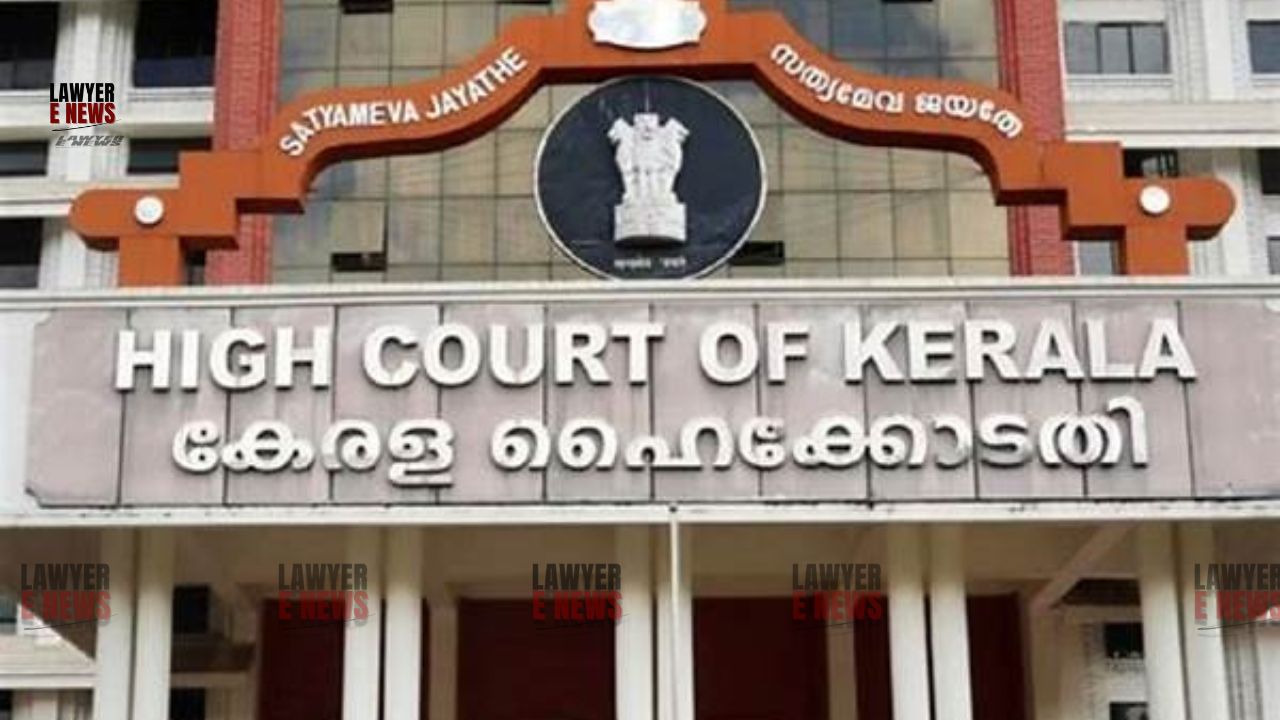-
by Admin
15 February 2026 2:36 AM



Kerala High Court, presided over by Justice P.G. Ajithkumar, delivered a significant judgment, upholding the framing of charges under Section 306 of the Indian Penal Code (IPC) against Asharaf, the accused in the suicide case of Miss Riswana. The decision reinforces that acts creating circumstances compelling a person to commit suicide can constitute instigation, even if indirect.
Miss Riswana, a medical student at Gokulam Medical College, Thiruvananthapuram, died by suicide on January 28, 2011. Her engagement with Asharaf, a man working abroad, was arranged by their families. Following a surgical procedure for an abdominal cyst, Asharaf withdrew from the engagement. This decision allegedly caused severe mental anguish to Riswana, leading to her death. Her death note and subsequent investigations suggested Asharaf had developed an interest in another person, further adding to the deceased's distress.
Asharaf challenged the framing of charges under Section 306 IPC by the Assistant Sessions Court, Nedumangad, asserting a lack of evidence directly linking him to instigation or abetment.
The court evaluated the death note, witness testimonies, and established legal precedents to assess the applicability of Section 306 IPC. Justice Ajithkumar underscored several principles:
Definition of Instigation: Citing the Supreme Court in Ramesh Kumar v. State of Chhattisgarh (2001), the court clarified that instigation involves urging, inciting, or provoking an act. The instigation need not be explicit; indirect actions creating circumstances compelling suicide can suffice.
Requirement of Mens Rea: The court emphasized that the offense under Section 306 IPC requires clear intent to abet the act of suicide. Acts of omission or a course of conduct leading to inevitable consequences can fulfill this criterion.
Judicial Precedents: Relying on Cyriac v. S.I. of Police (2005), Arjunan M. v. State (2019), and Prabhat Kumar Mishra v. State of U.P. (2024), the court reinforced that the accused’s intent and the deceased’s circumstances are pivotal in determining culpability.
The court held that the evidence, including the death note and statements of witnesses, supported the conclusion that Asharaf’s actions created circumstances leading to Riswana’s suicide. While the exact language in the death note did not explicitly name Asharaf, the surrounding circumstances pointed to his withdrawal from the engagement as a contributing factor.
The court noted, "The petitioner’s actions following the deceased’s surgical procedure and subsequent closeness, followed by withdrawal, created an unbearable mental state for the deceased.”
The High Court directed the trial court to revise and correct errors in the charge against Asharaf. The Assistant Sessions Judge was instructed to proceed with the trial while ensuring adherence to due process.
This judgment reiterates the judiciary’s focus on protecting societal interests and ensuring accountability in cases of mental harassment and abetment. The decision serves as a reminder that even subtle actions can lead to severe legal consequences under Section 306 IPC.
Date of Decision: November 19, 2024
